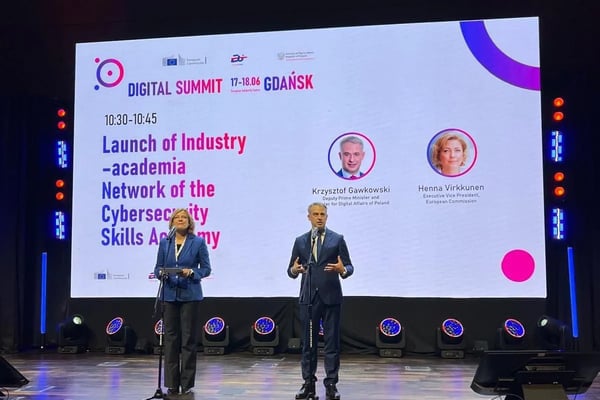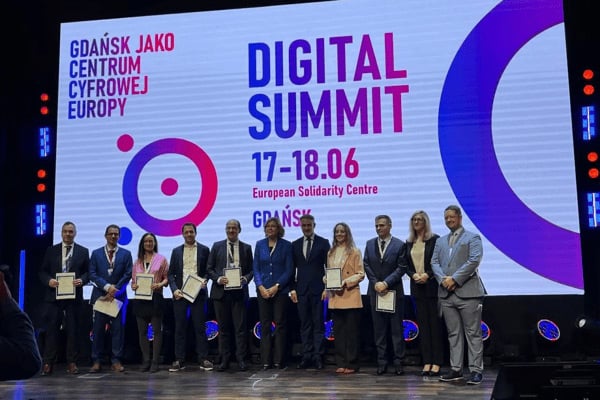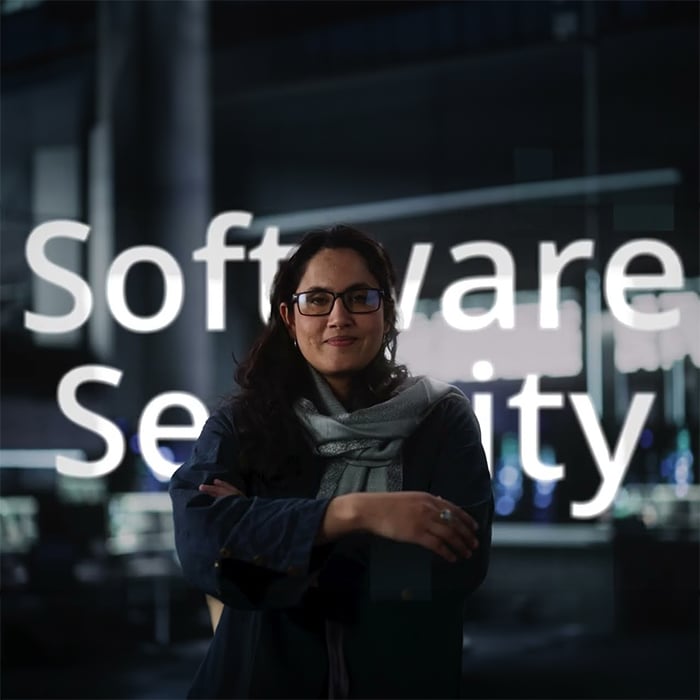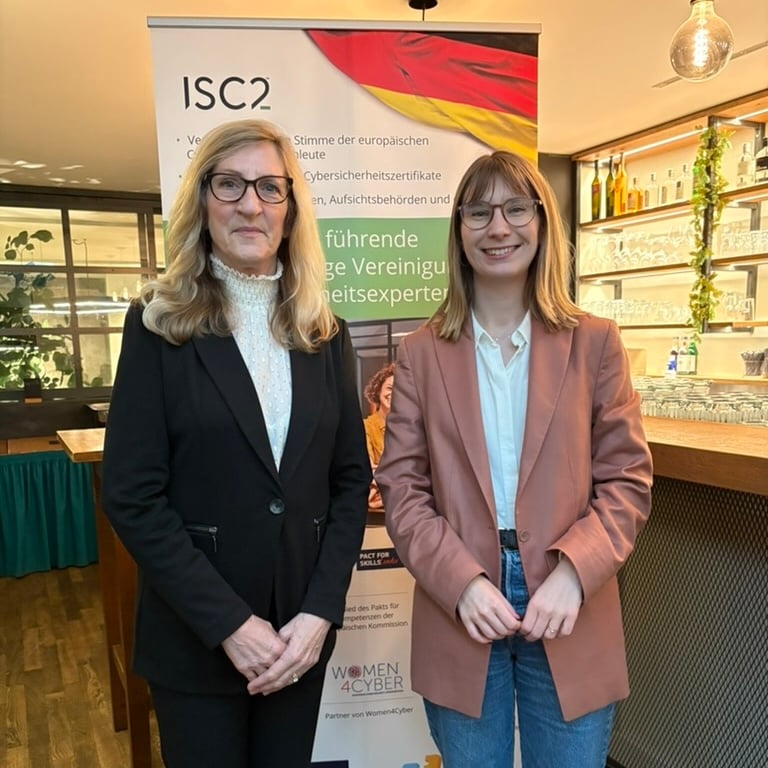At the recent EU Digital Summit, ISC2 took a significant step toward strengthening Europe’s future cyber resilience by signing four new partnerships with academic organizations.
Formed as part of the newly launched Industry-Academia Network under the European Cyber Skills Academy, ISC2’s new partnerships will connect academia and industry in an effort to grow the region’s cybersecurity workforce and address cybersecurity skills shortages.
 The initiative was announced at a signing ceremony at the Digital Summit in Gdańsk, Poland by European Commission (EC) EVP Henna Virkkunen and Deputy Prime Minister of Poland Krzysztof Gawkowski. At the event co-hosted by the European Commission and the Polish Presidency of the Council of the EU, Virkkunen called the partnerships “a critical step in building a resilient cybersecurity talent ecosystem across the EU.”
The initiative was announced at a signing ceremony at the Digital Summit in Gdańsk, Poland by European Commission (EC) EVP Henna Virkkunen and Deputy Prime Minister of Poland Krzysztof Gawkowski. At the event co-hosted by the European Commission and the Polish Presidency of the Council of the EU, Virkkunen called the partnerships “a critical step in building a resilient cybersecurity talent ecosystem across the EU.”
The new partners - Compendium Centrum Edukacyjne (Poland), Universitat de Girona (Spain), OpenClassrooms (France) and CodeAcademy (Lithuania) - will offer more than 2,000 students and professionals access to ISC2’s Certified in Cybersecurity (CC) course and the exam. These universities and online platforms share a commitment to equip learners from all backgrounds with practical, in-demand skills.
Connecting Education with Industry Needs
ISC2 will support students, graduates and career-changers in gaining a recognized credential that demonstrates knowledge in the key foundational concepts in cybersecurity and requires no previous work experience. Earning the CC can complement ongoing studies, boost a candidate's professional profile and provide a career path into entry-level roles.
With 89% of EU organizations reporting cybersecurity skills gaps and 63% facing staff shortages, there is an increased need for accessible pathways into the field. “Cybersecurity skills are the backbone of Europe’s digital economy,” said ISC2 Acting CEO and CFO Debra Taylor, who attended the Summit and met with partners and policymakers.
Bartosz Niepsuj, CEO of Compendium Centrum Edukacyjne, emphasized the value of the partnership with ISC2, saying it “provides even greater opportunities for our students to access high-quality learning resources and validate their knowledge.” Universitat de Girona’s Sandra Bonillo noted the importance of staying aligned with industry standards and the value of offering students internationally recognized certifications. OpenClassrooms and CodeAcademy emphasized the role of accessible learning in tackling Europe’s skills gap.
Research shows 89% of cybersecurity hiring managers would consider candidates with only an entry-level certification, valuing it more than those with relevant education alone (81%). Certification serves as a measure of competency that employers can use to validate a candidate’s preparedness for a role. That’s why ISC2’s CC is now mapped to entry-level job roles in the European Cybersecurity Skills Framework (ECSF), making it easier for candidates to connect their certification to real opportunities.
Driving Digital Progress Through Policy, Innovation and Skills
 The creation of the Industry-Academia Network aligns with the European Commission’s broader strategy to build a “cyber-ready workforce” capable of supporting innovation and defending public and private digital infrastructure. These efforts are central to the EU’s digital competitiveness goals amid rising threats and rapid technological change.
The creation of the Industry-Academia Network aligns with the European Commission’s broader strategy to build a “cyber-ready workforce” capable of supporting innovation and defending public and private digital infrastructure. These efforts are central to the EU’s digital competitiveness goals amid rising threats and rapid technological change.
Discussions throughout the Summit highlighted the interconnected nature of regulation, innovation and workforce development in advancing Europe’s digital transformation. The Commission’s keynote on the State of the Digital Decade 2025 report assessed progress towards the EU’s 2030 digital transformation goals and current shortfalls.
While advances have been made in areas such as basic 5G coverage, significant gaps remain in the deployment of technologies like AI, semiconductors and cybersecurity capabilities. The report also stressed the urgency of scaling public and private intervention and investment to enhance infrastructure and close persistent digital skills gaps.
These discussions reinforced the summit's central message that Europe's digital ambitions can only be achieved through coordinated efforts that connect policy, education and industry, supported by a skilled workforce capable of enabling secure technology adoption. As such, cybersecurity professionals are not only part of the solution - they’re at the center of it.
Laying the Foundation for Future Cyber Talent
Within the EU, ISC2 has pledged to enroll 50,000 learners in its CC program, including 30,000 through a renewed commitment to the Cyber Skills Academy, part of its wider One Million Certified in Cybersecurity initiative. Ensuring that the future workforce is not just skilled but inclusive, ISC2 also launched 25 Pathway to Certification scholarships for women in EU member states.
Together with academic partners, ISC2 is committed to expanding opportunities for individuals from all backgrounds to help close organizational skills gaps and ensure that Europe’s digital transformation is powered by a diverse, certified cyber workforce.
Related Insights


